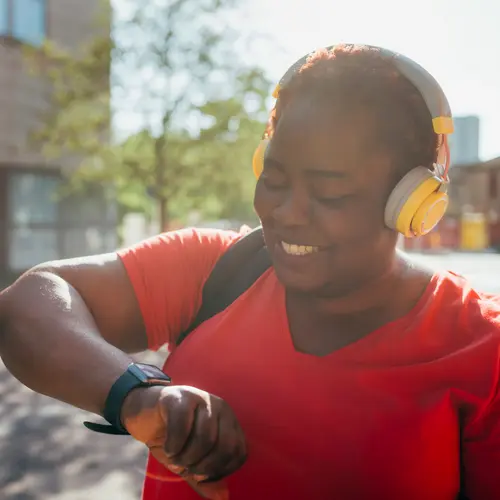If you have type 1 diabetes, you might wonder if your child would get it, too. Or if one of your parents has it, what it means for you.
Your genes definitely play a role in type 1, a less common form of diabetes that’s often diagnosed in children and young adults. But they’re not the whole story. Like much in life, it’s a mix of nature and nurture.
Your environment, from where you grow up to the foods you eat, also matters. Researchers don’t know exactly how -- and how much -- all those things affect your chances of getting the disease. Your genes set the stage, but you can’t be certain how it'll all play out.
Your Genes
There’s no diabetes gene that gets turned on or off to give you type 1. Instead, a bunch of them play a role, including a dozen or so that have the biggest say: the HLA genes. They make proteins your immune system uses to keep you healthy. Since type 1 diabetes is an autoimmune disease -- your body destroys the cells that make insulin -- it makes sense that HLA genes are front and center.
There are thousands of versions of them in the human gene pool. Which ones you get from your parents affect your chances of diabetes in a big way. Some make you more likely to get it, while others can help protect you from it. You have type 1 if your body makes little or no insulin, a hormone that helps your body turn sugar into energy.
Certain genes are more common in one group of people than in another. That’s why race and ethnicity affect things, too. For example, white people are more likely to have type 1 diabetes than others.
But even if you have genes that make you more likely to get type 1, that doesn’t mean you definitely will. Even with identical twins -- who have the same exact genes -- sometimes one gets it and the other doesn’t. That’s where the environment comes into play.
Diabetes Odds
If you’re a father who has type 1, your child has about a 1 in 17 chance of getting it.
For mothers with type 1 diabetes who give birth:
- Before age 25, the child has a 1 in 25 chance.
- At 25 or older, the child has a 1 in 100 chance, which is about the same as anyone else.
A few things can boost those odds:
1. If the parent had diabetes before age 11, the child’s chances double.
2. If both parents have it, the odds could be as high as 1 in 4.
3. If the parent also has a condition called type 2 polyglandular autoimmune syndrome, their child’s chance of having type 1 diabetes would be 1 in 2.
All those numbers can be confusing. Keep in mind that most people with type 1 diabetes don’t have relatives who do, so it often seems to come out of nowhere.
What if My Sibling Has It?
If your parents don’t have it but a brother or sister does, you have about a 5% chance of getting type 1. That’s about the same as if your father had it. If your identical twin has it, though, your odds may be as high as 50%.

